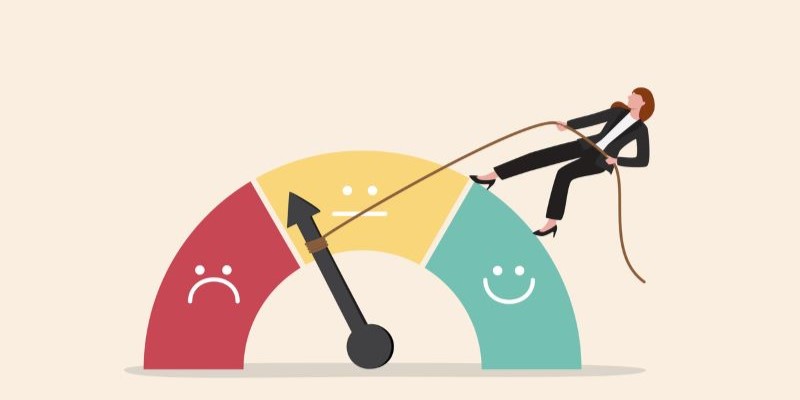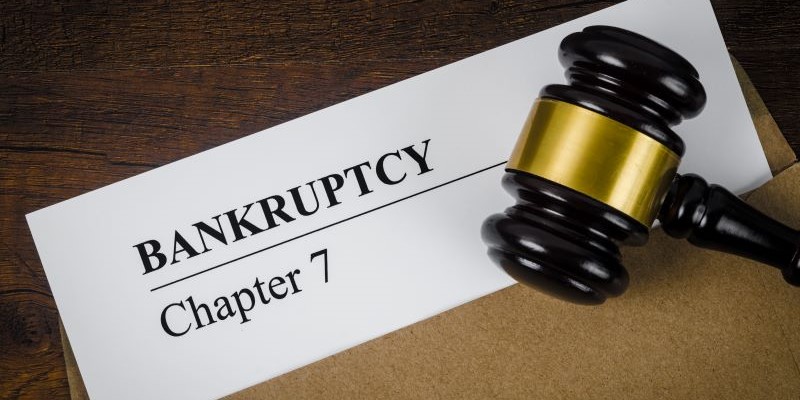Bankruptcy has long been viewed as the ultimate financial failure, and many people believe that it’s a one-way ticket to a bleak financial future. However, this couldn’t be further from the truth. Bankruptcy provides a fresh start, a chance to eliminate debt, and even an opportunity to rebuild your finances.
In this blog post, we’ll share the inspiring story of Chris, a client who was able to buy a commercial property just a few years after filing for bankruptcy. We hope his story will help you understand how bankruptcy can be a stepping stone towards a brighter financial future.
Chris’s Bankruptcy Story
They were in dire straits when Chris and his wife first came into our office. They were behind on their mortgage payments and lived off credit cards. They believed that filing for bankruptcy would mean the end of their financial life, but we quickly dispelled that myth. We helped them file for Chapter 13 bankruptcy, which allowed them to eliminate their second mortgage, gave them time to catch up on their first mortgage, and wiped away their general debt. This process allowed them to restructure their finances and start fresh.
The Chapter 13 bankruptcy process requires a lot of documentation, but it’s ultimately worth it. Once the process was completed, Chris could start rebuilding his finances. A few years after their bankruptcy was finalized, Chris contacted us with some exciting news: he wanted to buy a commercial building. This was a surprisingly short time frame for someone who had filed for bankruptcy, but it was a testament to how the process had given Chris a fresh start.
Bankruptcy Is a Fresh Start
Chris needed copies of all the documents from our firm to purchase the property, and that’s when he reached out to us. Now, every week when we drive past that building, we feel great satisfaction knowing that we helped Chris get his financial house in order and buy an investment property. It proves bankruptcy doesn’t have to be a one-way ticket to financial doom.
Bankruptcy can be daunting, and it’s not a decision that should be made lightly. However, if you’re struggling with debt, it’s important to remember that it can be a tool to help you rebuild your finances. Filing for bankruptcy can be the first step towards a better financial future. It allows you to eliminate your debts, restructure your finances, and start anew. Chris’s story proves bankruptcy doesn’t mean the end of your financial life – it can be the beginning of a brighter future.
Contact Experienced Bankruptcy Attorneys for Help
If you’re interested in filing for Chapter 13 Bankruptcy, contact OlsenDaines. We have offices located throughout Oregon and Washington with experienced bankruptcy attorneys ready and willing to help you relieve your debt. To schedule your free, no-obligation consultation with one of our attorneys, simply call us or fill out our online form!










